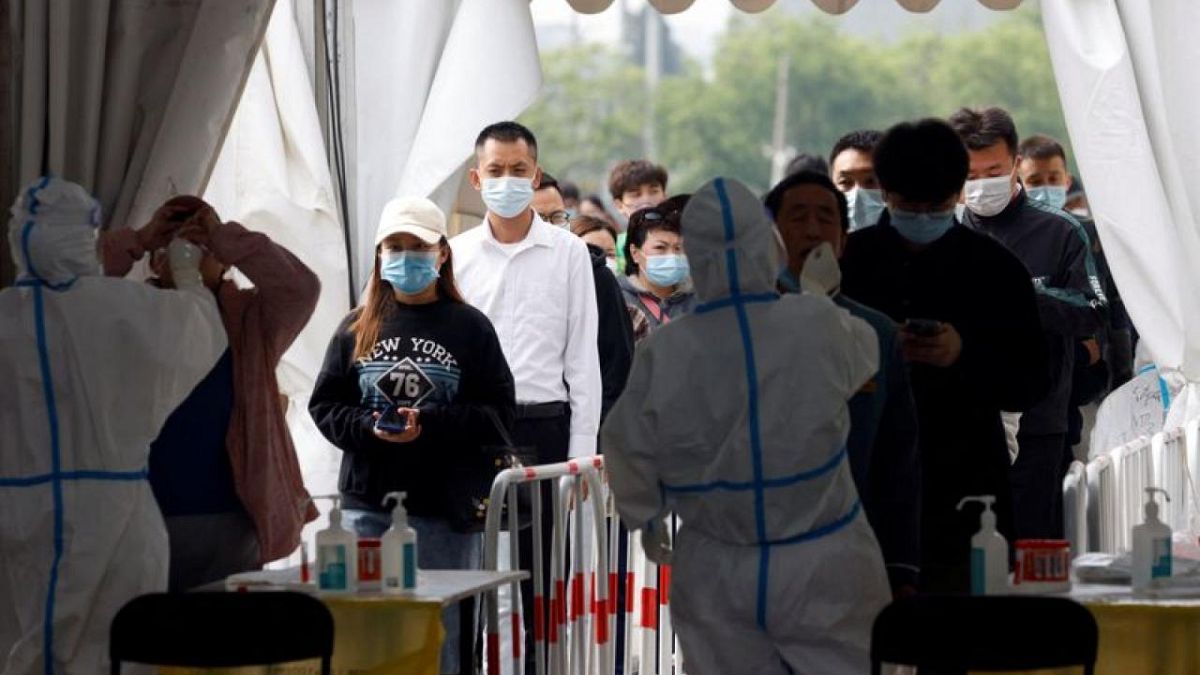The Chinese capital, Beijing, closed more businesses and apartment blocks on Friday and authorities stepped up contact tracing to contain a COVID -19 outbreak , as resentment continued to grow over the draconian lockdown of a month in Shanghai.
In the financial hub, fenced-in people have protested the lockdown and difficulties getting supplies by banging pots and pans at night, according to a Reuters witness and residents. A video shared on social media, the authenticity of which could not be immediately verified, showed a woman warning people through a loudspeaker not to protest, saying such gestures were being encouraged by “outsiders”.
The Shanghai government did not immediately respond to a request for comment.
In Beijing, authorities were in a race against time to detect COVID -19 cases and isolate those who had been close to them. Polish resident Joanna Szklarska, 51, was sent to a quarantine hotel as a close contact but refused to share the room, which had only one bed, with a person from her neighbourhood.
They sent her back home, where the authorities installed an alarm on the front door. She was then called back to the hotel, where she now has her own room.
“Nothing makes sense here,” the English-language consultant said by phone.
Chaoyang district, the first to undergo mass testing this week, began the last of three rounds of screening among its 3.5 million residents on Friday. Most other districts are due for the third round of testing on Saturday. More apartment blocks were sealed off, preventing residents from leaving, and some spas, karaoke rooms, gyms, cinemas and libraries and at least two shopping malls were closed on Friday. Couriers and food deliverers were also denied entry to some residential complexes.
“HELLO CITIZENS !”
Chaoyang, which has the highest proportion of cases in Beijing, declared more neighborhoods at risk.
People who had recently visited locations in those areas have received text messages telling them not to move until they receive test results. Hello citizens! You recently visited the braised chicken and beef noodle shop in Guanghui Li community,” one such message read. “Please report to your venue or hotel immediately, stand still and wait for notification of nucleic acid tests.”
“If you violate the above requirements and cause the epidemic to spread, you will bear the legal responsibility.”
Companies like JD.com, an e-commerce platform, have tried to keep residents well supplied. The head of one of its logistics centers on the outskirts of Beijing, Ming Tang, 32, said delivery volumes have risen 65% since the first cases emerged on April 22, and that 80% of those packages are related to food.
“The strain of delivering packages on time and the long working hours put a lot of pressure on our couriers,” he said.
Beijing reported 49 cases on April 28, up from 50 the day before, a far cry from Shanghai’s figures.

